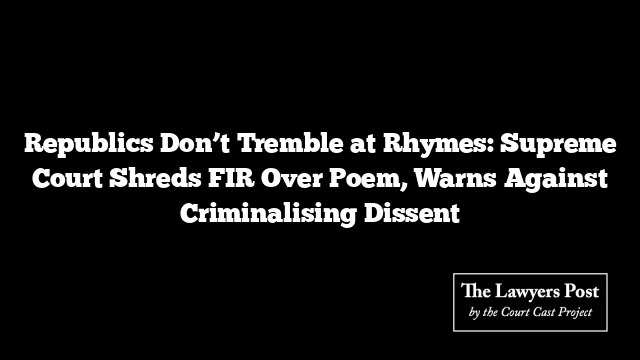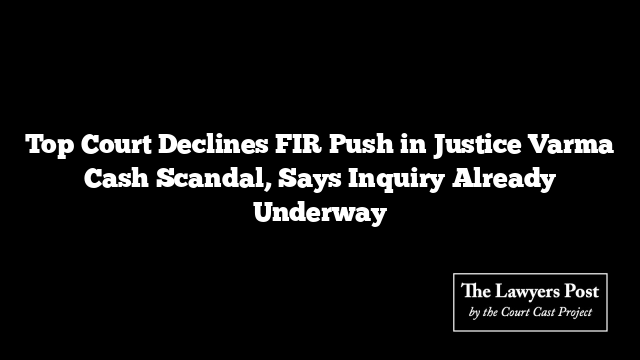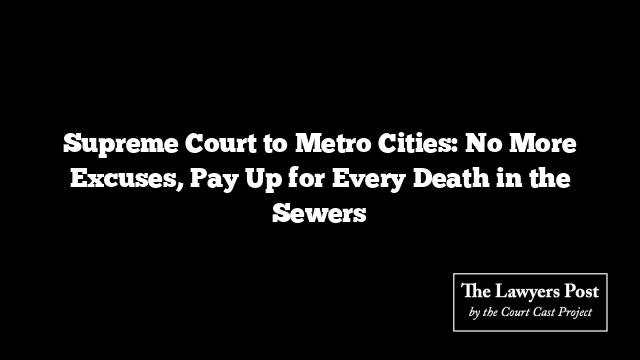In a ringing defense of free speech and the artistic soul of democracy, the Supreme Court has struck down an FIR filed against MP and poet Imran Pratapgadhi, declaring that a 75-year-old republic cannot be so fragile that poetry or comedy is mistaken for a spark of communal disharmony.
The case—centered on a fiery poem titled “Ae Khoon Ke Pyase” shared by the MP on social media—saw the Gujarat Police allege that it stirred unrest and endangered national integration. But the Court, unsparing in tone, found the case more revealing of institutional ignorance than any alleged offence.
“A poem? A poem shakes the republic?” the bench, led by Justices Abhay S. Oka and Ujjal Bhuyan, seemed to ask. “If art, expression, and critique are criminalized because someone, somewhere, feels threatened, then freedom is no longer a right—it becomes a permit.”
They weren’t finished.
“Our republic cannot afford to be so brittle that verse or stand-up comedy becomes an instrument of hate. If we start seeing dissent as danger, we are walking away from the Constitution itself,” the judgment read.
The Court went line-by-line through the poem and dismantled the FIR like a house of cards. The verses, far from inciting hatred, spoke of meeting injustice with love, of challenging rulers with nonviolence, and of mourning loved ones without surrendering to fear. The poem was a warning, yes—but not to the people. It was a reminder to those in power: justice is not optional.
None of the dramatic charges under the Bharatiya Nyaya Sanhita held water—sections on religious insult, inciting hatred, and endangering national unity were all deemed utterly inapplicable. The bench noted there was no call to violence, no insult to any faith, and no communal edge. Just a poem, played over a video of a mass marriage celebration.
“To call this an attempt to disturb public tranquillity is not just wrong—it is absurd,” the Court said. “We cannot allow criminal law to become a tool for silencing the uncomfortable.”
Referencing an earlier judgment by Justice DY Chandrachud (then of the Bombay High Court), the ruling made clear that the right to offend is embedded in the right to express. “The artist, the writer, the poet—they do not need a popularity test to speak,” it said. “Constitutional freedoms are not voted into existence by public opinion.”
In one of its most telling observations, the Court took aim at those who interpret criticism as sedition: “Allegations of promoting enmity must not rest on the standards of the insecure or those who view every critique as a threat.”
In short: a democracy doesn’t flinch at a poem. And if it does—it’s not the poem that needs changing.





